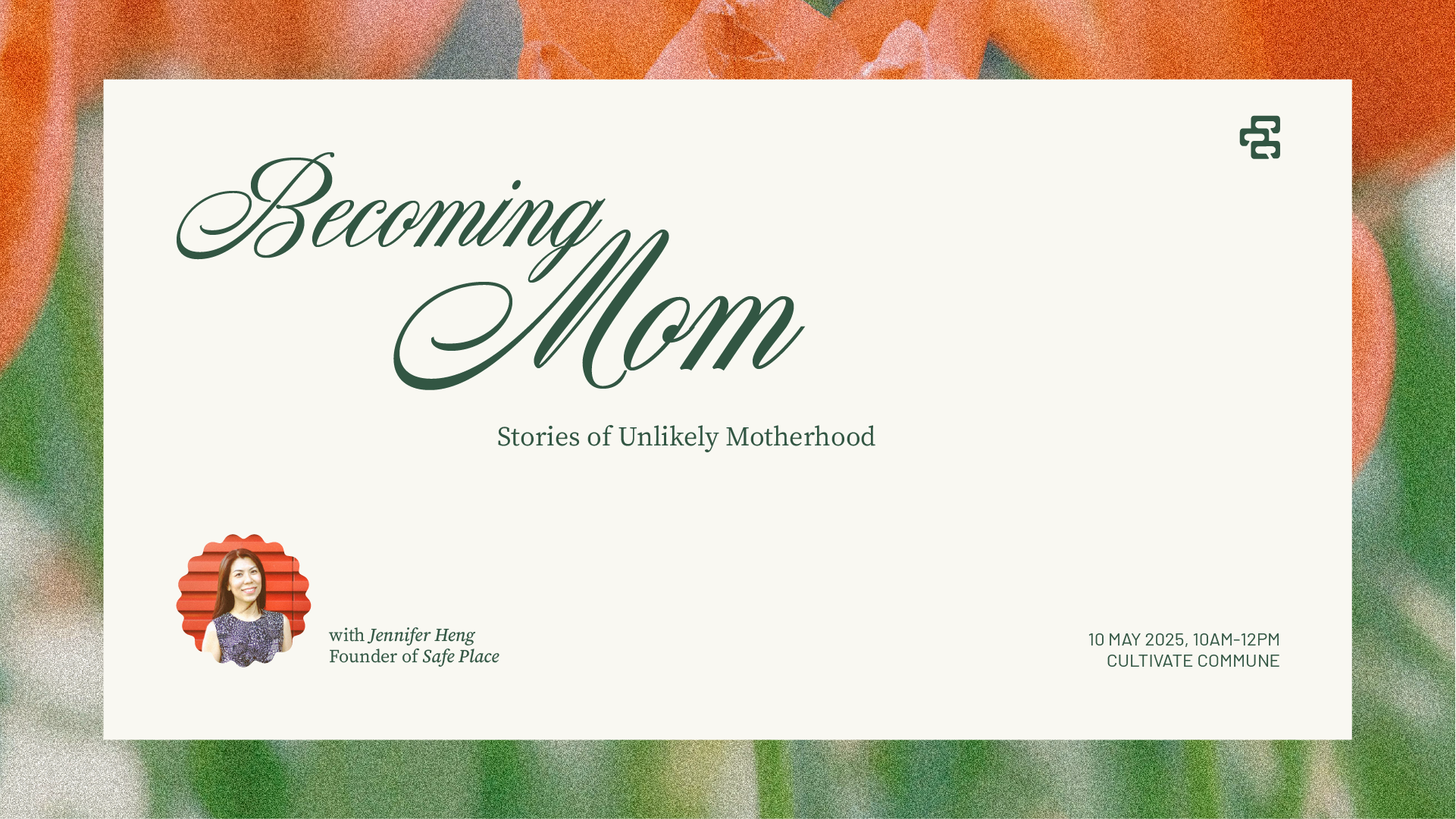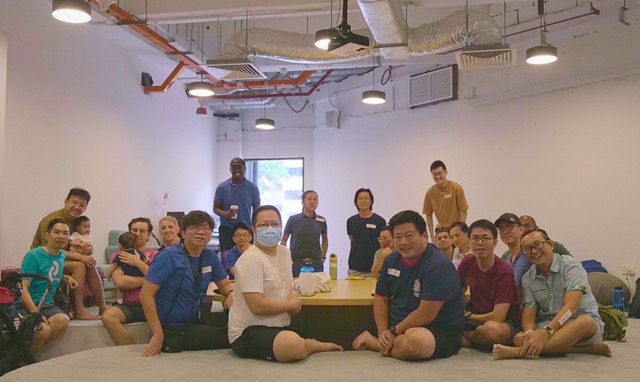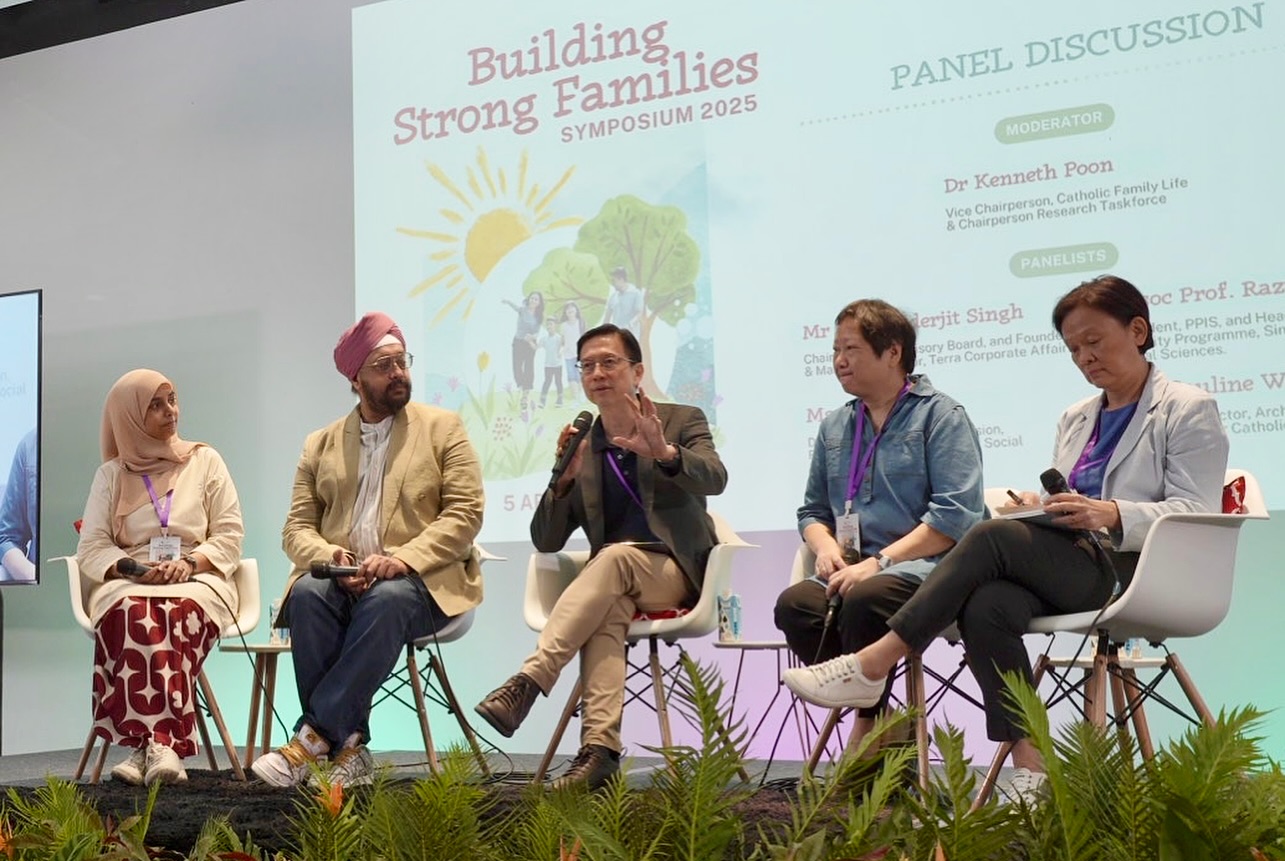“Perhaps we believe that the opposite of success is failure – that if we are not successful, we’d be wasting our lives. What if the alternative to living by the narrow mindset of success is living a flourishing life?”
In our recent session of Cultivate Commune, we welcomed over 40 participants to engage with Associate Professor (Dr) Tan Seow Hon on the topic of success and flourishing. Joined by two other speakers Su Ching and Sin Cheng, Prof Tan shared her ongoing research in the area of virtue jurisprudence – an exploration of how laws and policies shape our character, ethos and pursuit of success.
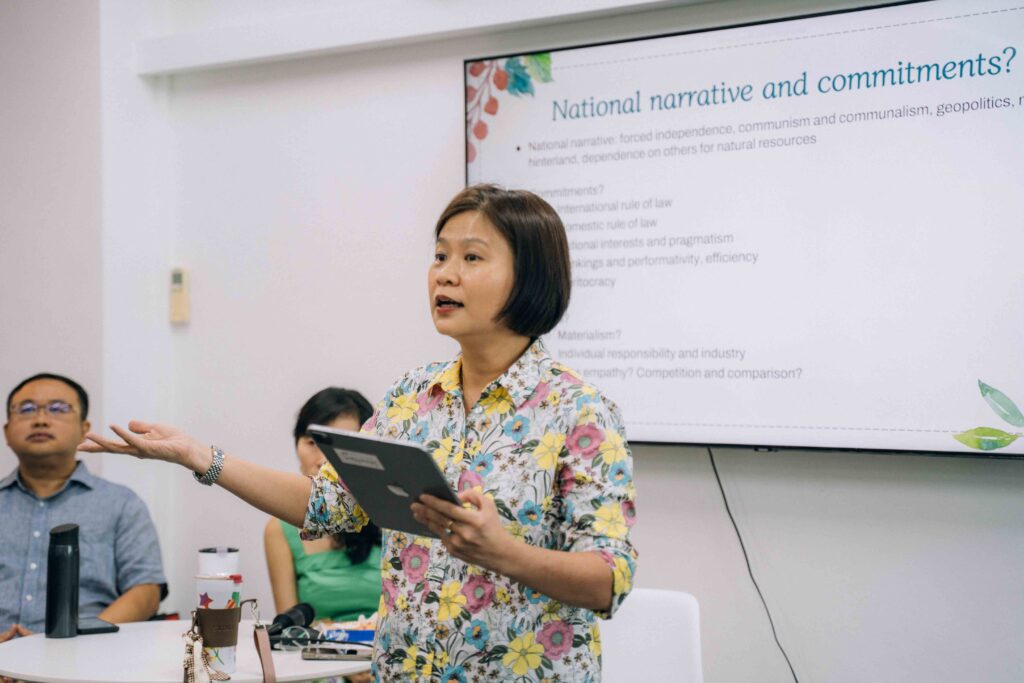
Our National Narrative on Success
Prof Tan’s research will likely look into how our laws and policies have framed our societal definition of success. It will invite us to consider how we can promote broader notions of flourishing.
This is in line with recent statements by the Singapore government which reflect a desire to move beyond hyper-competition and the “fear of missing out” (FOMO) that pervades our society. The Forward Singapore Report 2023 found that Singaporeans wish to find meaning and purpose alongside economic growth, echoing sentiments shared during a recent dialogue between Prime Minister Lawrence Wong and youth in July this year.
Such statements may reflect an underlying fear of the difficulty in striking a balance between the pursuit of meaningful lives and growing the economy – often seen in opposition.
Prof Tan highlighted how our national narrative has been focused on survival – on the need to guard against communalism, on how we are at the mercy of geopolitics, on our lack of hinterland, and on our dependence on others for food and water. How has this survival-focused narrative affected us?
Perhaps this is how individual responsibility and industry, materialism, and seeking excellence in all areas became central to Singapore’s identity. This unfortunately might have resulted in less empathy for those who are perceived as not having “made it”.
Prof Tan invited us to consider: are we as a society too focused on external markers of success, such as the “5Cs” (cash, car, credit card, condominium, and country club)?
On a more personal note – most of us want to be productive and fruitful. In our pursuit of fruitfulness, are we living examined lives, or are we constrained by a fear of falling behind or being less successful than others?
Living examined lives requires introspection rather than just going with the flow. We must decide what really matters rather than following the crowd and its values, rather than what we value.

What Does it Mean to Live a Flourishing Life?
The idea of flourishing has multiple dimensions. The Harvard Human Flourishing Programme identifies several key areas:
- Happiness and life satisfaction
- Mental and physical health
- Meaning and purpose
- Character and virtue
- Close social relationships
- Financial and material stability.
Another metric would be the 7 basic “goods” that legal philosopher John Finnis argues constitutes a worthwhile, valuable life:
- Life
- Knowledge
- Play
- Aesthetic experience
- Sociability (friendship)
- Practical reasonableness (being able to bring intelligence / reason to bear on practical choices)
- ‘Religion’, or spirituality (concerns about what is the essence of being a human being, how to live an examined life, what is the purpose of life)
Finnis posits that each of these is intrinsically valuable, deserving of pursuit for its own sake.
Creating an Environment that Supports Human Flourishing
It is worth looking at whether our national ethos or moral ecology has made it difficult to desire to flourish. For instance, do we feel compelled to justify our choices in pursuing intrinsic goods like knowledge or play?
How does human flourishing provide an alternative framework to living life, in contrast to chasing success?
Instead of purely chasing economic productivity, we should bear in mind how the economy serves our well-being, not the other way around.
Incorporating rest and play into our lives as aspects of flourishing is essential. Sociability and friendship should be pursued for their inherent value, not merely as networking tools. If we make friends only for what they can do for us, we would not be treating friendship as an end in itself, which would undermine the good of sociability / friendship.
Towards Flourishing: Tensions and Struggles
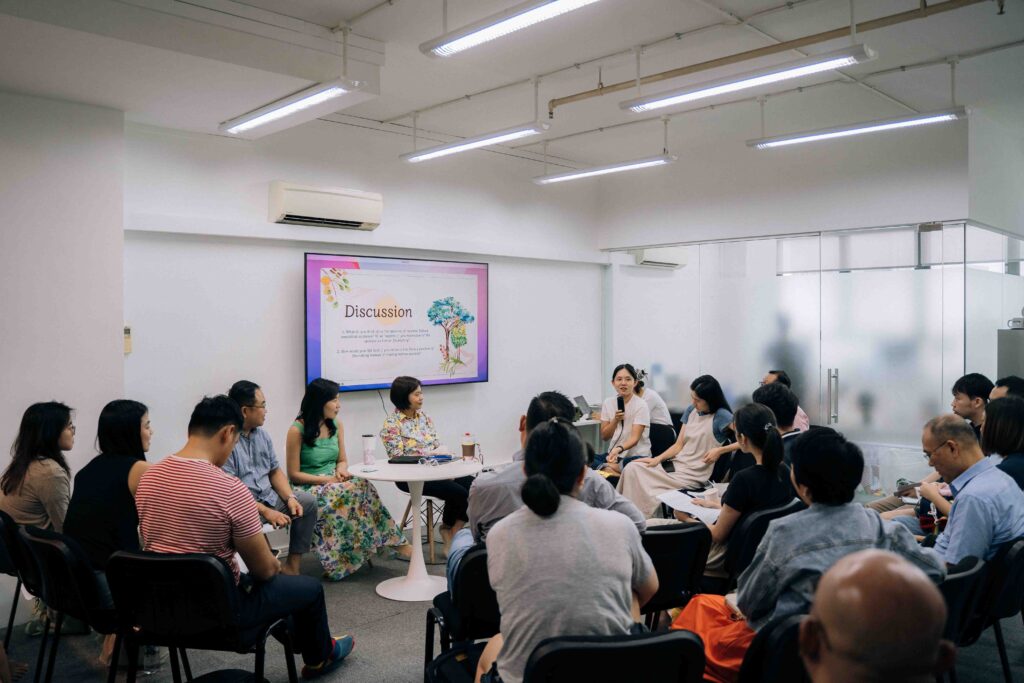
We had a lively group discussion, with many attendees sharing their thoughts. Most agreed that flourishing did not entail always being successful, but did require a more holistic understanding of well-being
Su Ching pointed out that our current definition of success, often narrowly marked by material achievements and status, can lead to us feeling trapped in a relentless cycle of competition and comparison. Flourishing on the other hand, is rooted in an inside-out approach, where one’s self-worth is derived from intrinsic values rather than external achievements. This perspective allows us to navigate successes and failures with equanimity.
We explored various aspects of Singaporean life where there might be tensions between pursuing success versus flourishing.
Su Ching, lawyer-turned-life coach, shared about challenges that professionals face. She noted how many professionals find themselves in a “time trap“, postponing their journey toward flourishing due to responsibilities and societal expectations. Embracing flourishing may come at a price—whether sacrificing career advancements or confronting one’s fear of failure. Family responsibilities can also complicate this pursuit of flourishing. Our panelists and participants noted that many parents find it challenging to balance their own well-being with their children’s academic pressures in a high-stakes educational environment.
Sin Cheng pointed out that the government’s recent focus on mental health in schools reflects a growing awareness of students’ struggles. But there was a real tension between achieving high academic standards and fostering a nurturing environment where children can flourish without the pressures of pursuing success.
We also covered the importance of allowing ourselves to enjoy activities without the pressure of excelling, and how meaningful relationships help us to feel fulfilled so that we do not over-prize achievements.
It was further questioned whether success was a prerequisite to flourishing, given the perception that certain levels of material success are necessary to provide the resources and stability needed for personal growth.
Prof Tan noted that someone who had decided to live an examined and flourishing life may still face internal struggles:
“If we decide not to make exorbitant financial commitments, and not to chase what our peers are chasing, there would still be struggles. The development of virtues and personal character takes time, and it may seem discouraging at times. … But it is the general direction we are going towards that is important.”
How Then Shall We Live?
This Commune highlighted the pressing need to re-evaluate our understanding of success and to embrace the broader concept of human flourishing. By prioritising intrinsic values, relationships, and holistic well-being, we can cultivate lives rich in meaning and purpose, even amidst economic pressures, which continue to grow in this uncertain global climate. The ensuing dialogue urged us to rethink our societal norms and to find a balance that contributes to both personal fulfillment and communal well-being.
Constantly comparing ourselves to others can be detrimental and emotionally draining. Instead, we might wish to ask how we have grown over time. As one of our audience helpfully pointed out, “We never use the word ‘successful’ to describe a tree. A tree would only be flourishing because of its fruits and what it gives to society.”
We invite you to join us in this journey – what does flourishing mean to you? How can we collectively shift our mindsets towards a more holistic approach to success?
